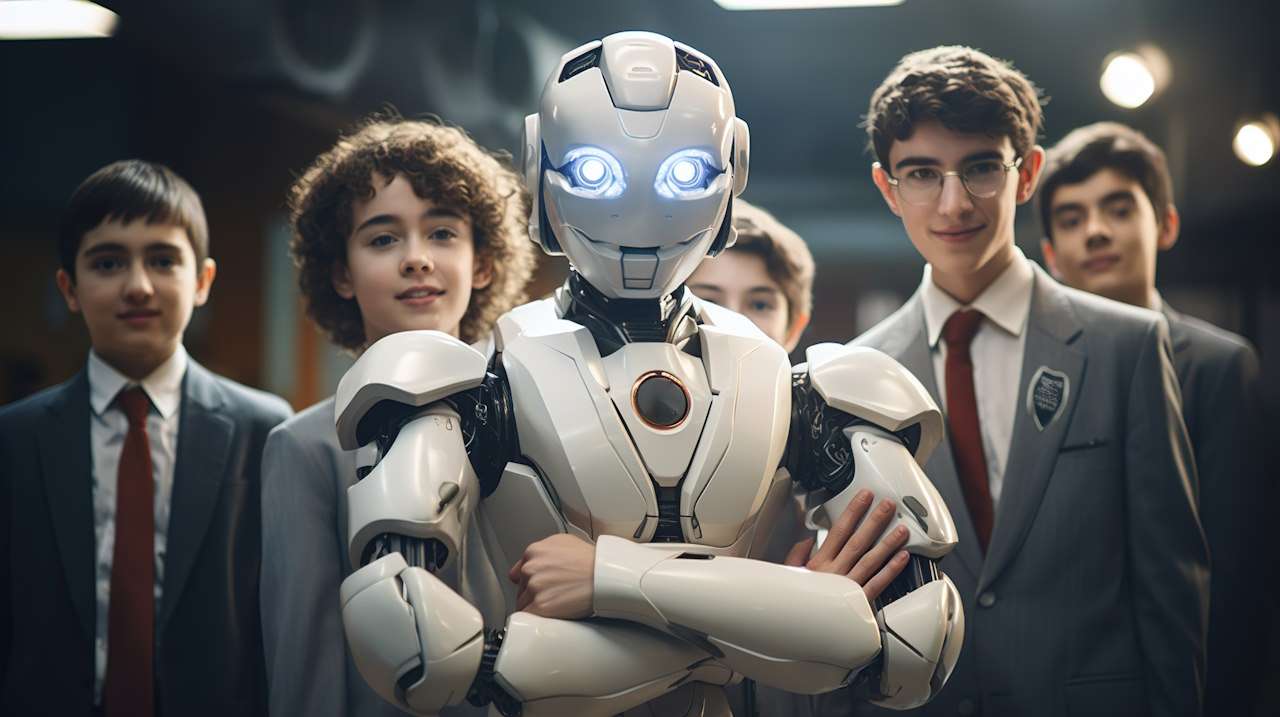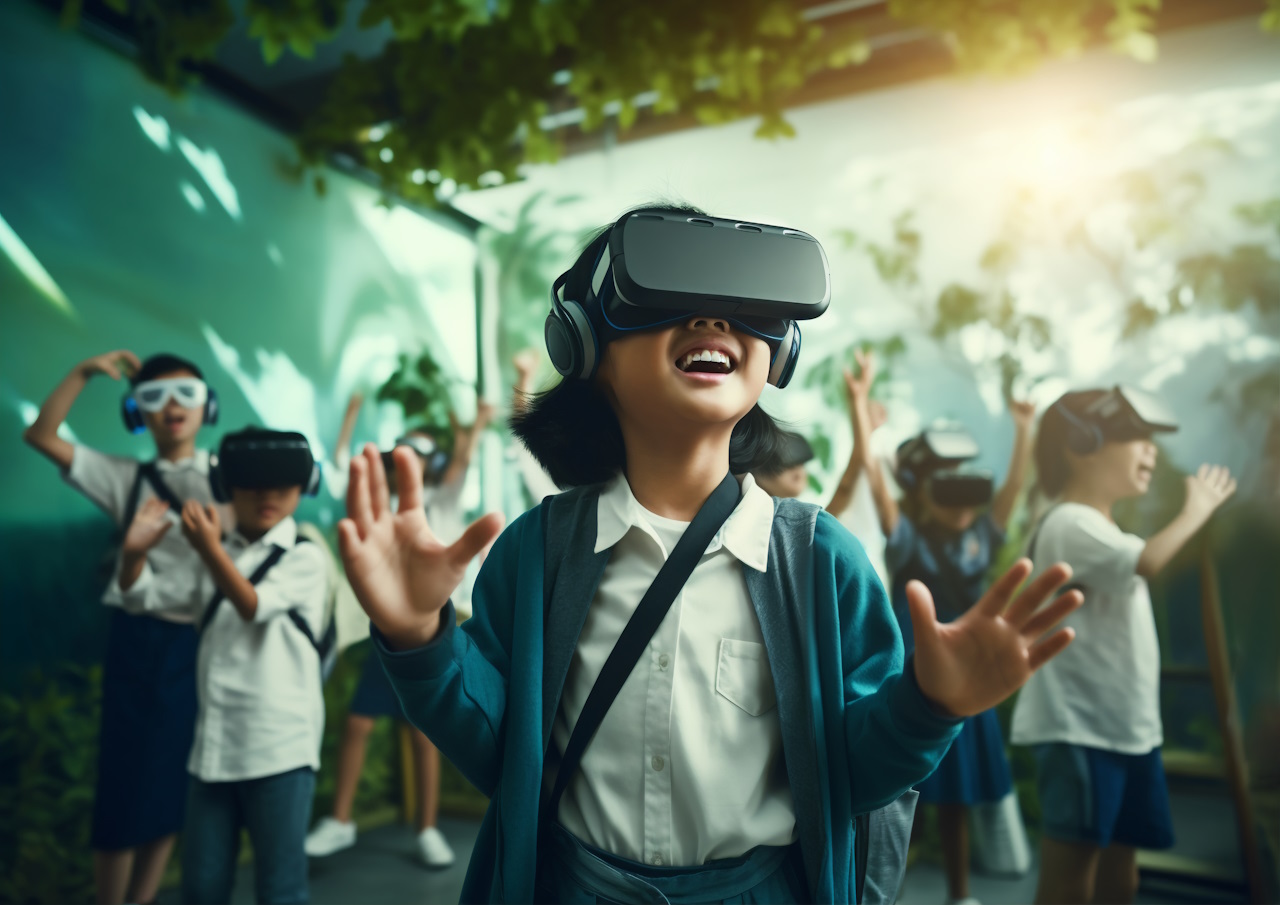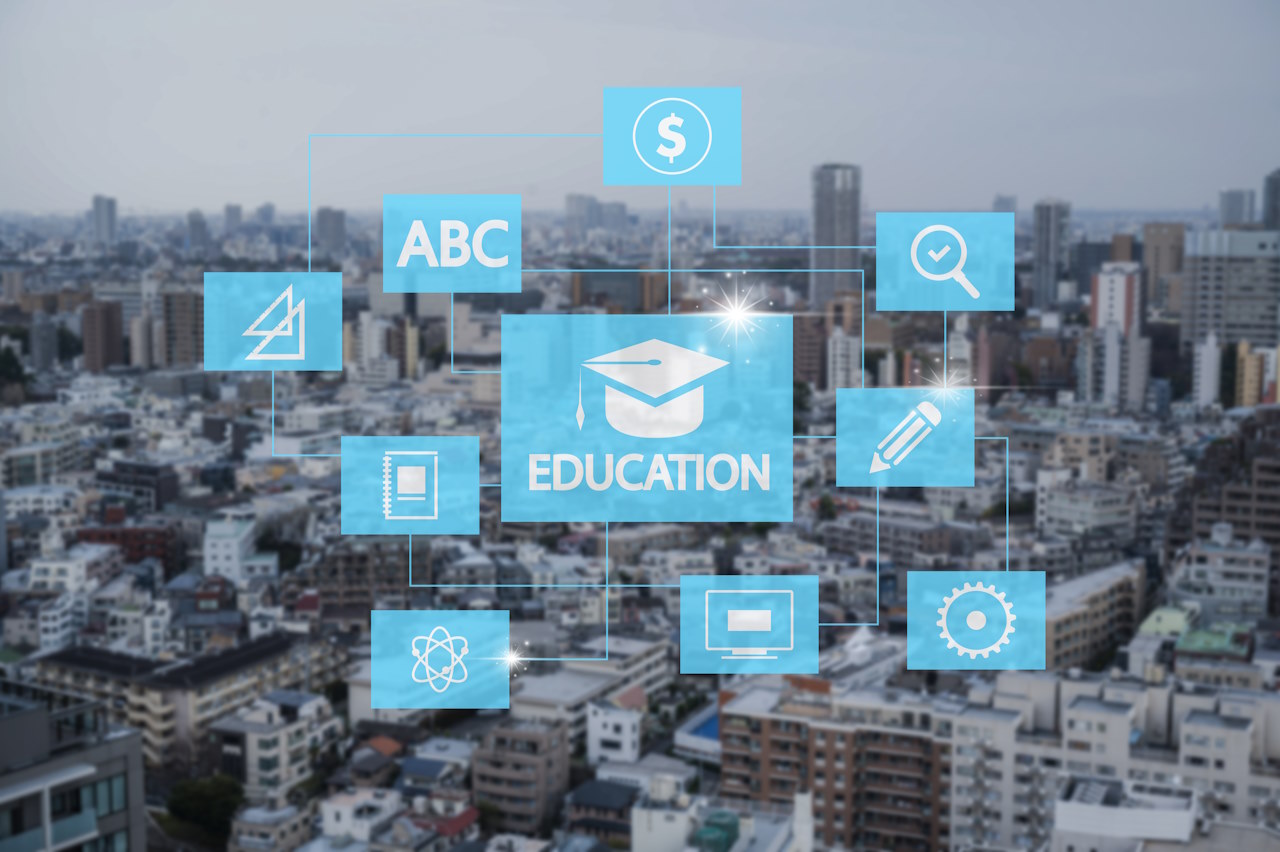As artificial intelligence (AI) rapidly integrates into every aspect of our lives, its potential to transform fields like education becomes increasingly evident. AI is reshaping not only what and how we learn but also who has access to the most current knowledge, offering possibilities to support personalized, inclusive, and continuously updated educational experiences.

AI’s Role in Modern Education
The application of AI in education offers new pathways to enhance learning by dynamically adapting content and providing students with real-time feedback. Through technologies like Retrieval-Augmented Generation (RAG), AI systems can access vast, continuously updated information, enriching the learning process with the latest knowledge across various subjects.
AI’s integration in education goes beyond content delivery. Teachers gain valuable insights into students’ progress and learning needs, allowing for a more tailored approach to each student. AI-powered dashboards and monitoring tools can reveal where students excel or struggle, supporting educators in identifying strengths and growth areas at both the individual and group levels. For educational institutions, AI brings a comprehensive view of academic progress, teacher engagement, and curriculum effectiveness, making data-driven improvements to learning processes more achievable.
Addressing the Complex Impacts of AI
While AI’s potential in education is vast, its real-world implications require careful consideration. The energy consumption involved in training large AI models, for instance, brings a significant environmental impact. Each model query, seemingly inconsequential on its own, adds to energy use, contributing to global carbon emissions. Tools like CodeCarbon offer a way to track these impacts, helping to create awareness and shift practices towards more sustainable energy use within AI technology.
Another crucial issue is the ethical use of content in AI training. Much of the data used to train AI models, including the work of artists and authors, often comes from unconsented sources, leading to copyright concerns. Initiatives like the “Have I Been Trained?” tool developed by Spawning.ai allow creators to verify whether their work has been used without permission. Ethical approaches to AI, including the collaboration between Spawning.ai and Hugging Face, emphasize respect for intellectual property and the rights of creators, setting a foundation for responsible AI development.
AI also has the potential to encode and reinforce social biases when trained on unbalanced or unrepresentative data. Studies show that AI models can unintentionally promote racial, gender, or cultural stereotypes. Efforts to understand and mitigate bias, such as the Stable Bias Explorer tool, help us examine how AI reflects societal structures and encourages diverse, equitable representation.
The Urgent Need to Focus on AI’s Current Impact in Education
As AI technology advances, focusing on its immediate, measurable impacts rather than speculative future risks is essential. Education stands to gain immensely from responsible AI integration, and by addressing its real-world effects today, we can build an educational future that is not only intelligent but also ethical, inclusive, and sustainable.
AI offers promising advancements in education, allowing teachers, students, and institutions to engage in a continuously evolving learning process. The responsible use of AI has the potential to bridge learning gaps, support teachers, and empower students to access personalized, adaptive educational resources. By maintaining a focus on today’s tangible impacts, we can shape an AI-driven future in education that aligns with both the values of society and the needs of learners worldwide.






